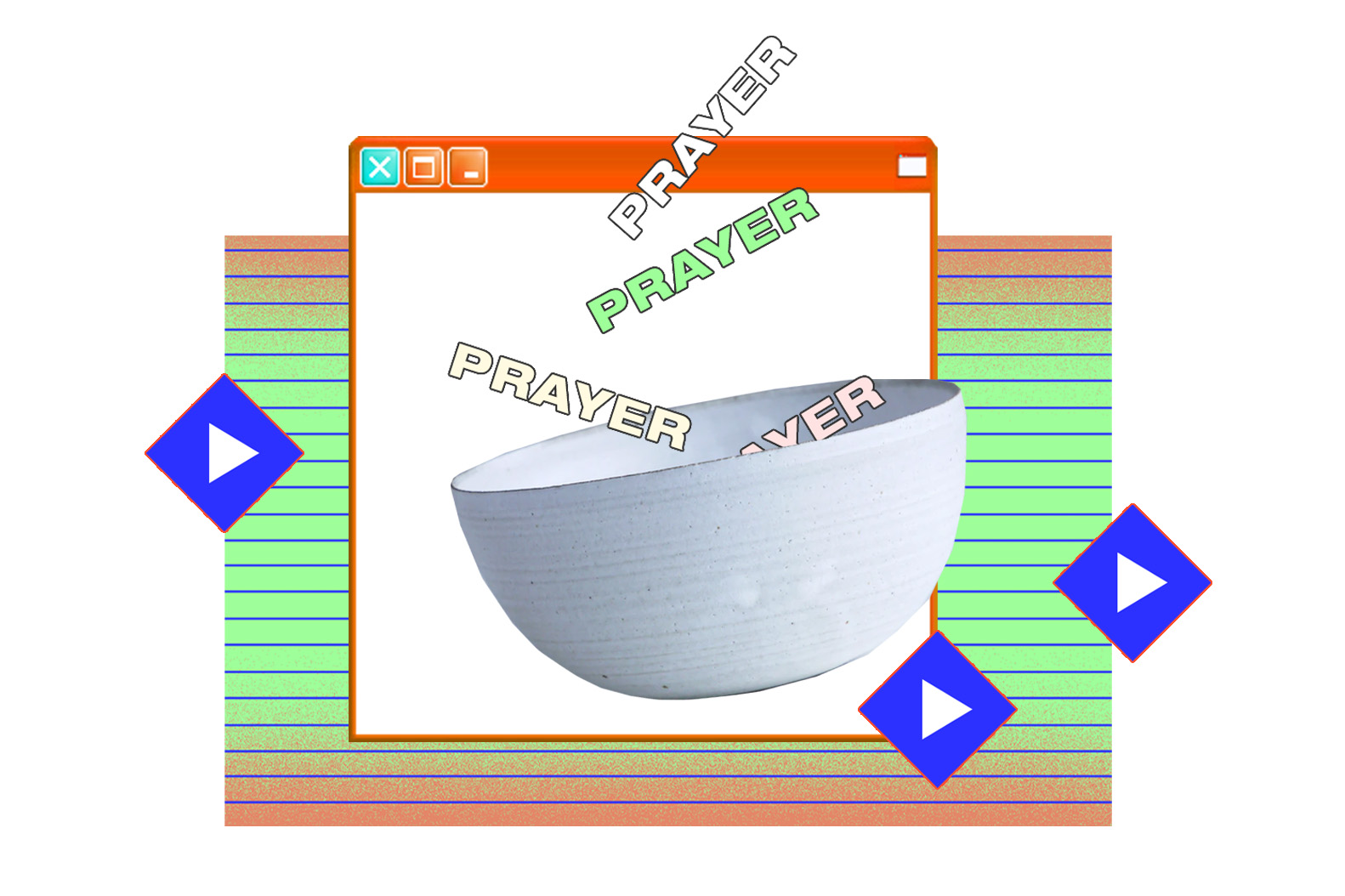Day 2 of Adam Road Presbyterian Church’s (ARPC) John Piper Equip Conference featured a segment where theologian John Piper shared what he’s learnt in life about fighting for joy. Moderated by ARPC’s Senior Pastor Christopher Chia and his wife Mona, the following questions and answers are excerpts from the discussion. They have been edited for brevity and clarity.
In your personal walk and experience, what are some key experiences in your own fight for joy?
In one of the chapters in Desiring God, I said that during my 33-year pulpit ministry, there were times where I struggled to lead a people in joy.
On Thursdays, before I prepared my sermon on Friday, I would be so discouraged, that I would go to a park to walk around by myself and sit down in the grass – and it was hard to be able to remember my children’s names.
I mean, that’s pretty low. A depressed, discouraged heart, a heavy soul – it can’t do much.
“I waited patiently for the Lord; he inclined to me and heard my cry. He drew me up from the pit of destruction, out of the miry bog, and set my feet upon a rock, making my steps secure. He put a new song in my mouth, a song of praise to our God. Many will see and fear, and put their trust in the Lord.” (Psalm 40:1-3)
Just this morning, I read Psalm 40.
I asked my people, back when I preached the sermon 40 years ago called “In The Pits With The King”, how long did the psalmist wait? Did he wait a day? Did he wait a week?
I’ve known people who’ve waited eight years in depression, scarcely able to function, being kept above water by a faithful wife, and they came out of it by a miracle of God’s touch in their lives.
Wait. Don’t do anything precipitous in those moments of darkness, as though He’s not coming back. He will return.
So I don’t have any simple prescription for how long you might be low.
I have a volatile personality – like it’s up, it’s down, it’s all over the place – which means I’m capable of pretty high levels of joy and pretty low levels of discouragement.
But the lesson I have learned is to wait. Wait. Don’t do anything precipitous in those moments of darkness, as though He’s not coming back. He will return. Genuine saints walk through seasons of darkness.
We have to fight for joy, and one of the key ways to fight is to wait for Him.
Should I continue to try to maintain a relationship (with a brother or sister in Christ), even if that relationship makes me disappointed in myself? Because no matter how much I try, I don’t have any love and it brings out the worst in me.
Practically speaking, all of us, in our peculiar personalities, are able to enjoy some people more than other people.
Even Jesus said, this is the disciple whom He loved. What did that mean? It meant there was something really peculiarly wonderful between Jesus and John. And then there was Peter and James.
So Jesus seemed to have these concentric circles of “special” even though He gave His life for the others as well.
So I don’t think it’s wrong to want to be with people who make us feel more complete, more full, more appreciated, and enjoy their fellowship.
Having said that, I’m going to encourage people to lean in to hard relationships rather than pull away.
You won’t grow as a Christian – that is, you won’t have greater resources of joy, hope and love – if you pull away from every hard situation.

Yesterday, I recorded some Ask Pastor John questions and one of them was: “What do I do if I move into a neighbourhood and I wave at everybody and they all just frown at me? Should I even try anymore?”
I said, if you turn away from them and don’t continue to show kindness to them, you probably close a door which they might be willing to walk through when they suffer.
If you keep showing kindness to somebody who doesn’t give anything back to you, you keep open a door so that when they are in a crisis, they might turn to you because you’re the one person who didn’t walk away from them.
And the text that I use to support that is Matthew 5 where Jesus is telling them (His disciples) to love their enemies and the specific illustration He gives is: If you greet only those who greet you, what are you doing more than others?
It’s good and fine to relate to people that you know and love, but we shouldn’t walk away from Christian relationships that are depleting to us.
If it’s marriage, you don’t walk away.
I am married for 52 years. I love my wife; we’re never going to leave each other.
We have our real differences, and she can say things that make me very angry. Now, I can give mental energy to blaming her – and without even talking to her and say: “She’s the problem!”
That’s an excuse. I’m responsible for my anger whatever she does, even if she sins against me. Suppose she says something disrespectful, unkind, unappreciative – I’m responsible for my anger.
Frankly, I think marriage is all about triggering each other’s sins. I think marriage is God’s sanctifying relationship that forces us to come to term with our sin.
My wife forces me to come to terms with my sin like no other relationship precisely because I can’t walk away.
I struggle with the sorrow of not seeing my loved ones becoming more open to the gospel or closer to believing in Jesus after praying and sharing over so many years.
Surely it’s God’s will for people to come to know and love Him. So how long should I wait? What should I do?
Well, that strikes very close to home.
I have two sons of my five children that I’ve prayed for all their lives. 45 years. Seemingly, to no avail.
The reason I say “seemingly to no avail” is because one of my views of prayer for lost people, in our families or who we love, is that prayer is never wasted. Ever.
The thousands of prayers that I’ve prayed didn’t vanish. There’s a picture in Revelation of prayers like incense in a big bowl. Every time you pray, they collect in this bowl.

It’s a picture. But it’s a helpful picture. My prayers are being collected in a big bowl, and I would like the bowl to be tipped and poured out on my children. He’s not tipping the bowl, yet. Yet.
And I don’t know how long it may be.
Every day’s prayer has a day’s work to do.
George Müller – the great builder of orphanages and famous for his answers to prayer – prayed for his wife’s healing of rheumatic fever and she died. And he preached at her funeral!
And yet, when he prayed for breakfast for his orphans he would have it in 15 minutes. He also prayed for some people for 52 years, and one of them was converted at his funeral.
So, I’m not gonna say to anybody to give up.
Don’t give up! Every day’s prayer has a day’s work to do. One of the struggles with praying a thousand times for the same request is that you feel like maybe these are vain repetitions.
Here’s one way to think about it.
This is today. If I pray a prayer this morning, which I did, for my children, this is today’s prayer, for today’s unique opportunity, for today’s providence in their lives and today’s addition to the totality.
It is not a vain repetition if your heart is really longing for the unbeliever.

The last thing I would say is that God’s will is complex.
At one level, yes, I believe God is summoning the entire world to believe and repent.
Yet, I do believe the Bible clearly teaches God has ordained that some people will have their hearts opened and will come. And that’s not a contradiction.
You know, people say: “How can you live not knowing whether your children are elect, or chosen before the foundation of the world?”
And my answer is: I take heart, that because of the sovereignty of God, He can save them. If He weren’t sovereign, He couldn’t override their so-called free will, but He can!
He can override it and take out the heart of stone and put in the heart of flesh and cause them to walk in His statutes. And that’s what I pray for.
What does it mean to have joy in the midst of suffering and sorrow now? How do we know whether we have joy, especially when we don’t feel it in Christian day-to-day living?
Well, if we don’t feel joy at all, we probably don’t have it.
Joy isn’t just an idea like gravity that has no emotional effect on me. Joy really is a feeling – but let me distinguish it from physical feelings.
The experience of joy is a Holy-Spirit-given affection that’s deeper than physical.
So when your physical body is actually hurting, it can still be there. Joy and sorrow can be side by side because they rest on different realities.
If you lose a loved one and you weep, that’s based on real loss, but the foundation of joy in being indwelt by the Holy Spirit doesn’t go away.
In 1 Thessalonians, Paul said that one evidence God is at work in you is because you had joy in affliction.
So, if people are experiencing a malaise with no joy, I would say, don’t settle for that. You don’t have to settle for that.
Fight for joy, because it is a fight, isn’t it?
It doesn’t mean that a mature Christian’s joy never goes up and down.
But for the true Christian, the Holy-Spirit-given reality of joy never goes away completely.
This article was produced from Pastor John Piper’s Q&A on Day 2 of Adam Road Presbyterian Church’s John Piper Equip Conference. You can listen to the full session here. Day 1’s sermon by Pastor John can also be found here.
WE’RE DOING A GIVEAWAY!

10 readers can stand a chance to receive Pastor John Piper’s book, When I Don’t Desire God. Simply join our Telegram channel for more details!
- How is joy defined in the Bible? Do you have such joy in your life?
- What might you have to do — or give up — to have this joy?
- What situation is God placing you in that requires you to fight for joy?
- Has God placed a challenging person in your life to grow and mature you? How might you learn to love that person?
- This week, bring joy to someone God is calling you to love.









